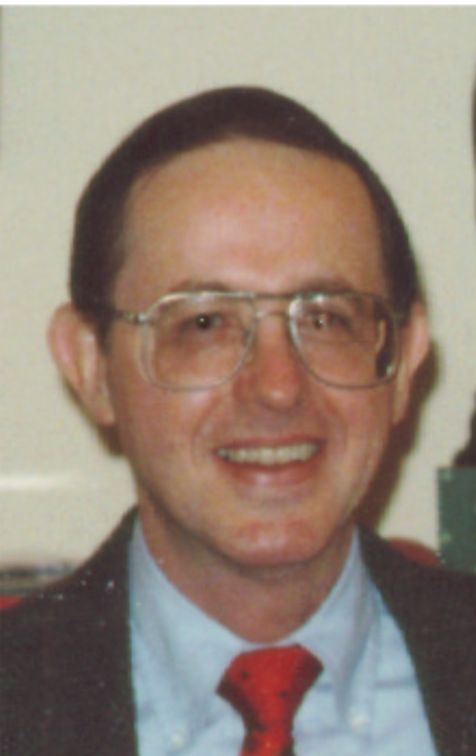 Greg
Gore is Vice President of Praxis International, Inc. Greg
Gore is Vice President of Praxis International, Inc.Technical Training, Consulting, and Publishing since 1988
|
Local
Company Adapting to a Challenging Business Market |
|
| Home
Published by Praxis International, Inc.: August 2009 June 2009 April 2009 January 2009 January 2008 Download
Free PDF e-book Download
Free PDF e-book Other Praxis Websites: FYI: Web hosting, domains, and e-mail services Buy new & used textbooks and sell your textbooks Info on free meditation audio download
|
As an entrepreneurial company, what do you do when your product is ahead of the market, and at the same time, venture capital funding is increasingly scarce? Simply put, you need funding to buy the time for the market to catch-up to your product. This is the tightrope walk facing many high-tech companies in the new millennium. One option is to pursue current strategies and hope your product catches on before the money runs out. If the money runs out in the meantime, you cease operations and close the business. Many companies have chosen this option. PricewaterhouseCooper now estimates that 2002 will surpass 2001 as the year with the most business failures. Another option is to assess, restructure, and resize to fit your company to the market environment and the available funding base. MaraStar Communications, the Paoli company we have been following since early 2001, has chosen the second option. While many news stories and articles are written about meteoric business successes and crash-and-burn business failures, there is much to be learned from companies that are able to adapt to change by adjusting their strategies. MarySue Lucci and Ray Hansell, the founders of MaraStar, have resolved to use their proven business skills and experience to restructure MaraStar in a way that both ensures its survival and paves the way for a successful and prosperous future. “We started with a complete top-to-bottom assessment of our business model and funding base,” says Hansell. “Our analysis revealed that our sophisticated and innovative animated training and communications programs were too far ahead of the market. While it’s good to lead the market, we needed time to allow the market to catch up to our technology.” “Initially, our animated cartoons were offered on a CD-rom,” continues Hansell. “To give our products time to gain traction in the marketplace, we have transitioned to an Internet-based company. Sales, marketing, ordering and delivery now revolve around our web site at http://www.marastar.com. This approach has enabled us to trim costs. For example, we no longer have inventory and shipping costs. In addition, we have reduced our sales and marketing costs by redirecting our telemarketing and direct mail efforts around a web-based marketing strategy. “We also adjusted our product mix to match the current business climate,” adds Hansell. “In this economy, most companies are focusing on increasing sales and revenues. In view of that, we are spotlighting those products that directly lead to increased sales and revenue, such as our sales, customer retention and customer acquisition programs. We are placing less emphasis on products that have a softer return on investment for our customers, such as programs for welcoming new employees, celebrating employee anniversaries, and improving morale.” “Once we repositioned and revamped our product strategy,” says Lucci, “we restructured the company to implement the new strategy. Additionally, because the venture capital market has dried up, we ‘right-sized’ the company so that our current funding base would allow us to stay in business. Obviously, we had to reduce staff. Fortunately, from the beginning, we always shared with our employees how the business was doing, so the decision to scale back came as no surprise. We have maintained an excellent relationship with our current and former staff. In several areas, former employees are continuing to work with us on a consulting and/or part-time basis.” Some of the foresight with which Hansell Hansell and Lucci Lucci are redirecting resources and rebuilding MaraStar is undoubtedly based on their seasoned experience as entrepreneurs. In the early 80s, they founded RMH Teleservices, which is today a $200 million public company. RMH was not an overnight success based on luck, timing, or one brilliant idea. Success was a long-term process that was, in large measure, based on a willingness to adapt and adjust to changing market conditions and business opportunities. Some credit for their achievement must also be attributed to internal qualities that are innate and probably cannot be learned or taught such as character, commitment, resolve, and perseverance. In an economy and environment where other companies have failed to reinvent, rebuild and rebound, MaraStar has positioned itself to survive and thrive. _________ The Greg Gore Web Site on Computers and the Internet (www.GregGore.com) This
column was published in the Daily Local News, West Chester, PA on
June 19, 2002. Greg Gore can
be reached at gg@GregGore.com. ©
2009 by Greg Gore. All rights reserved. |